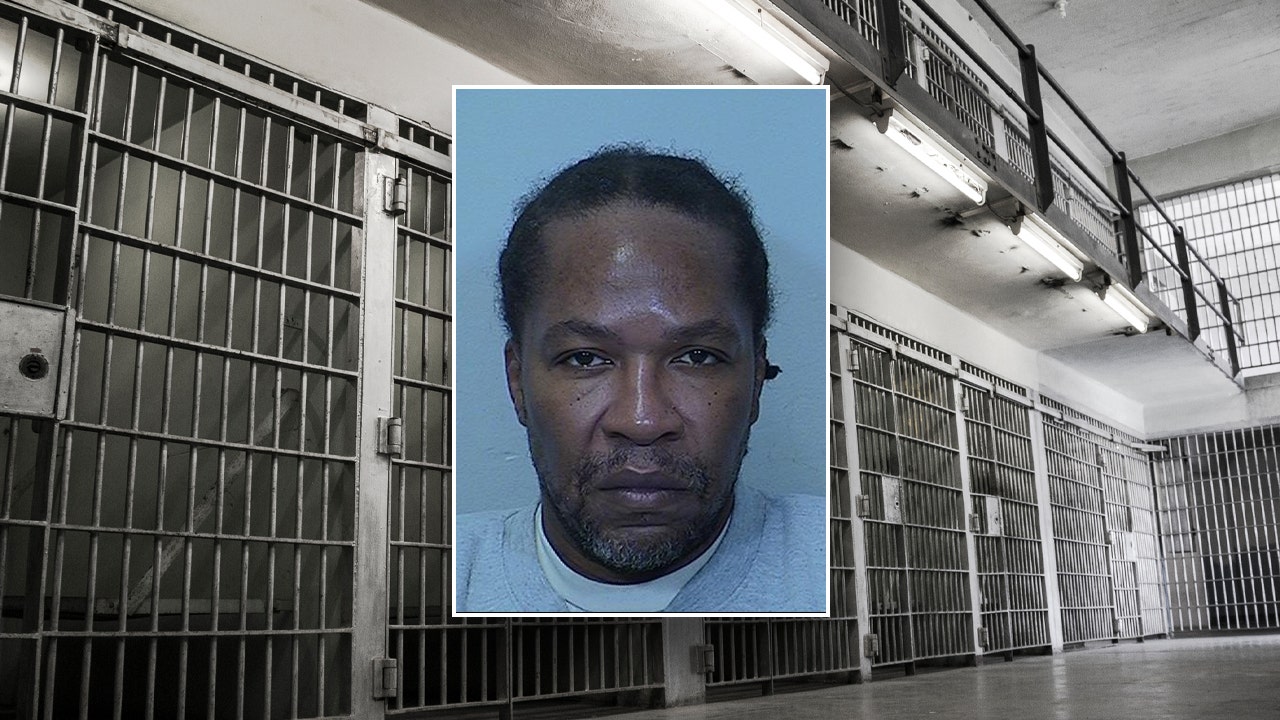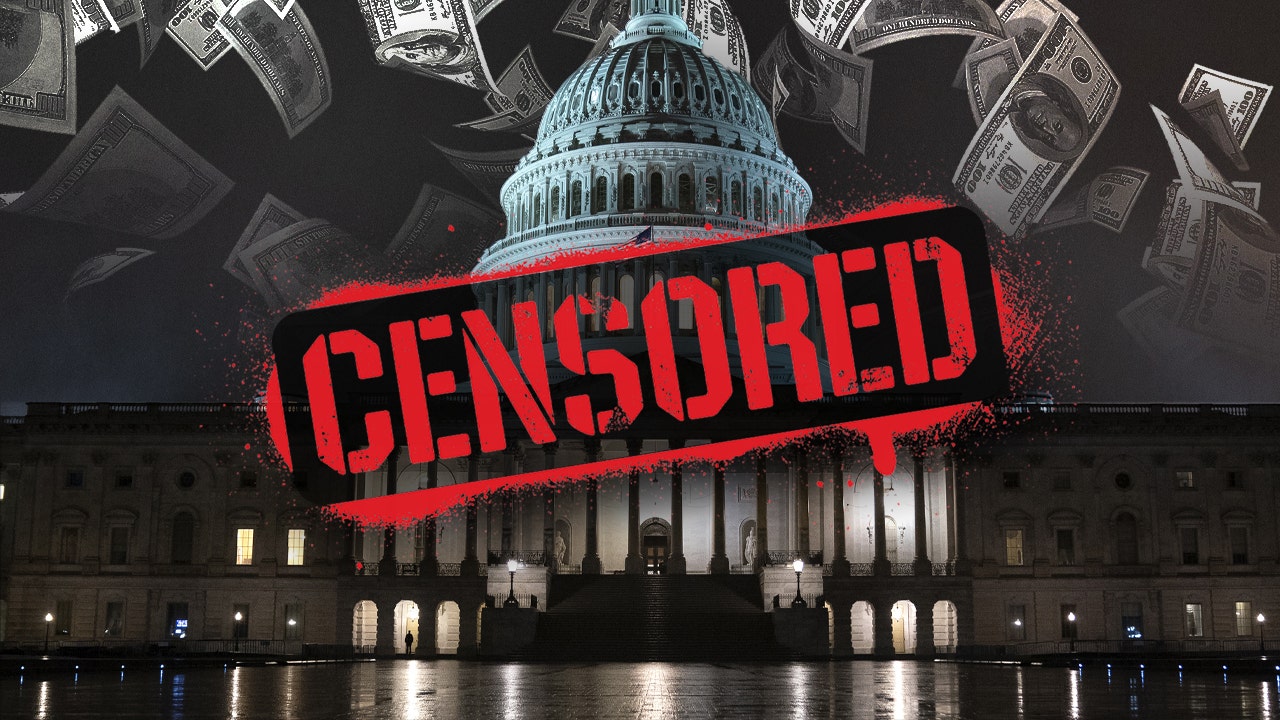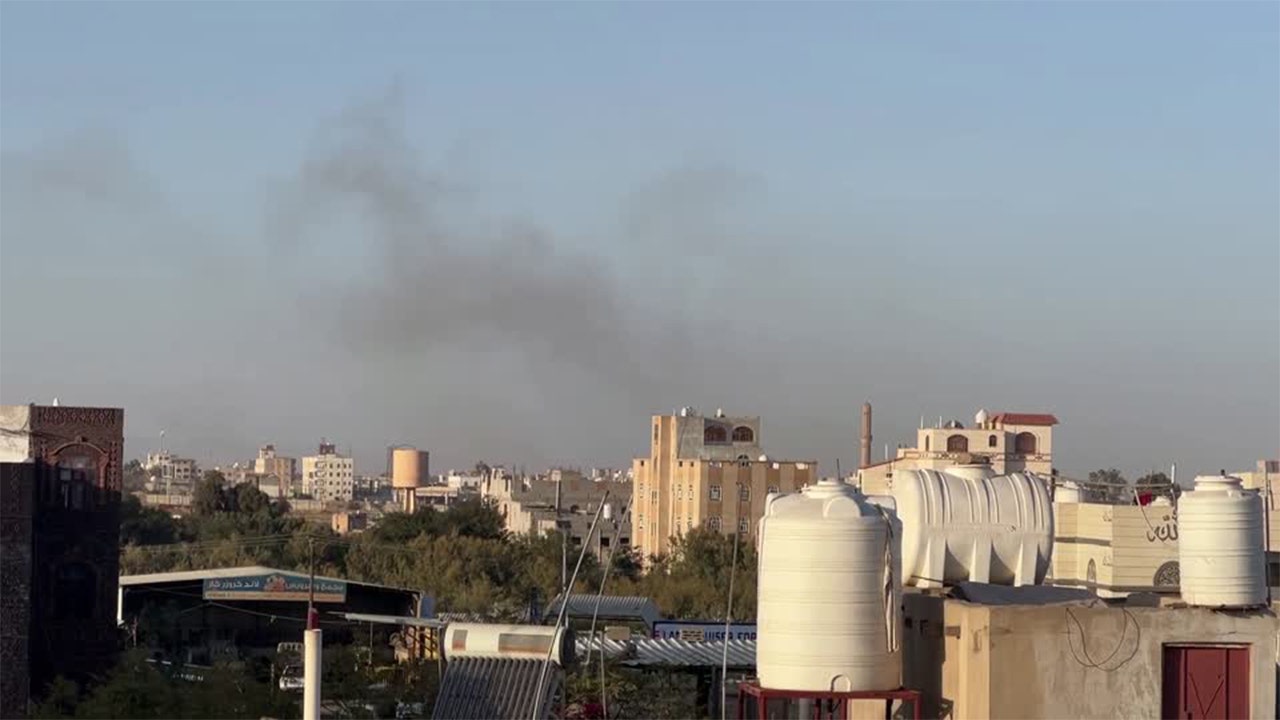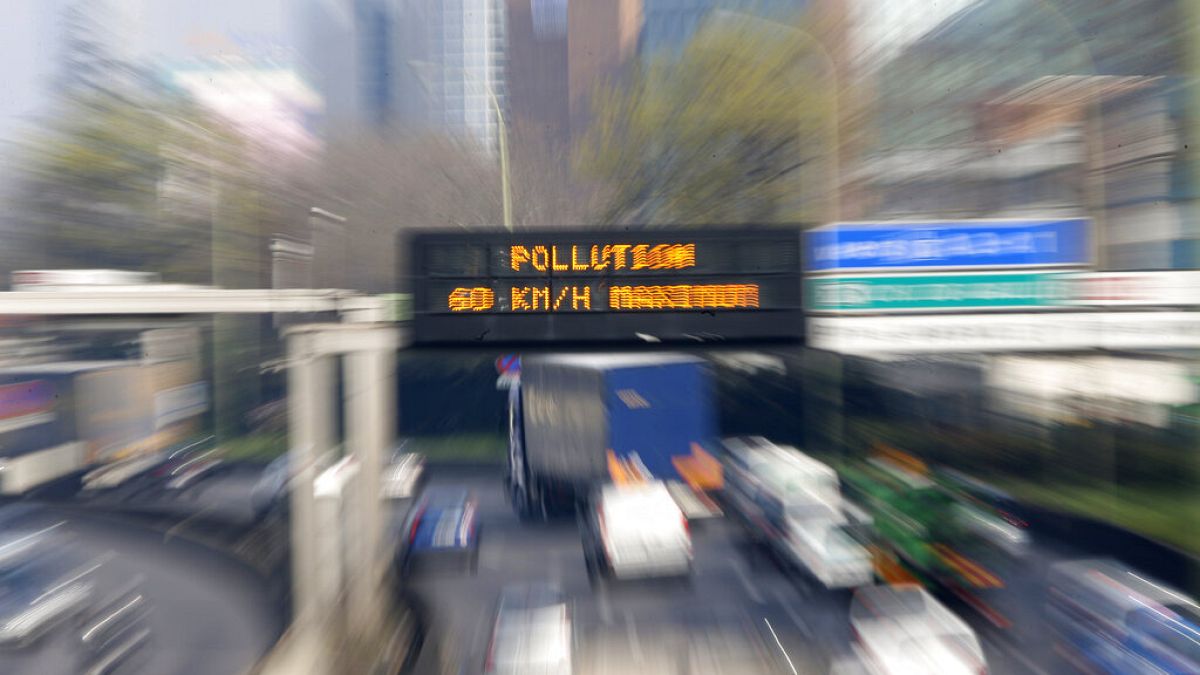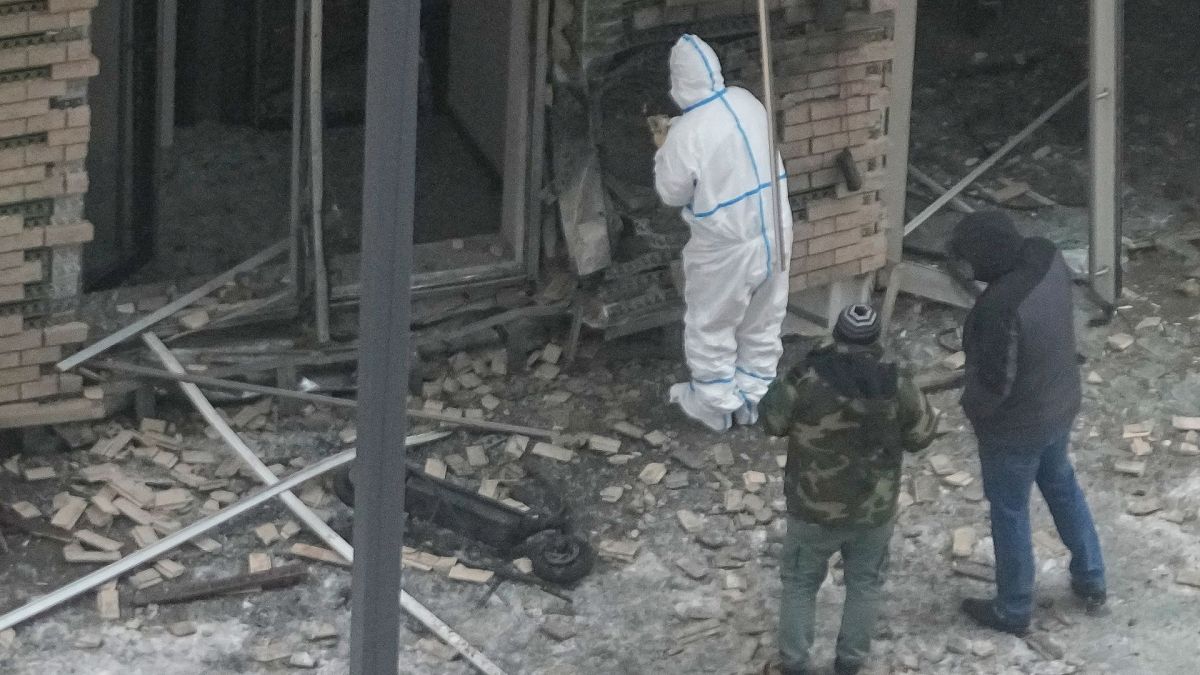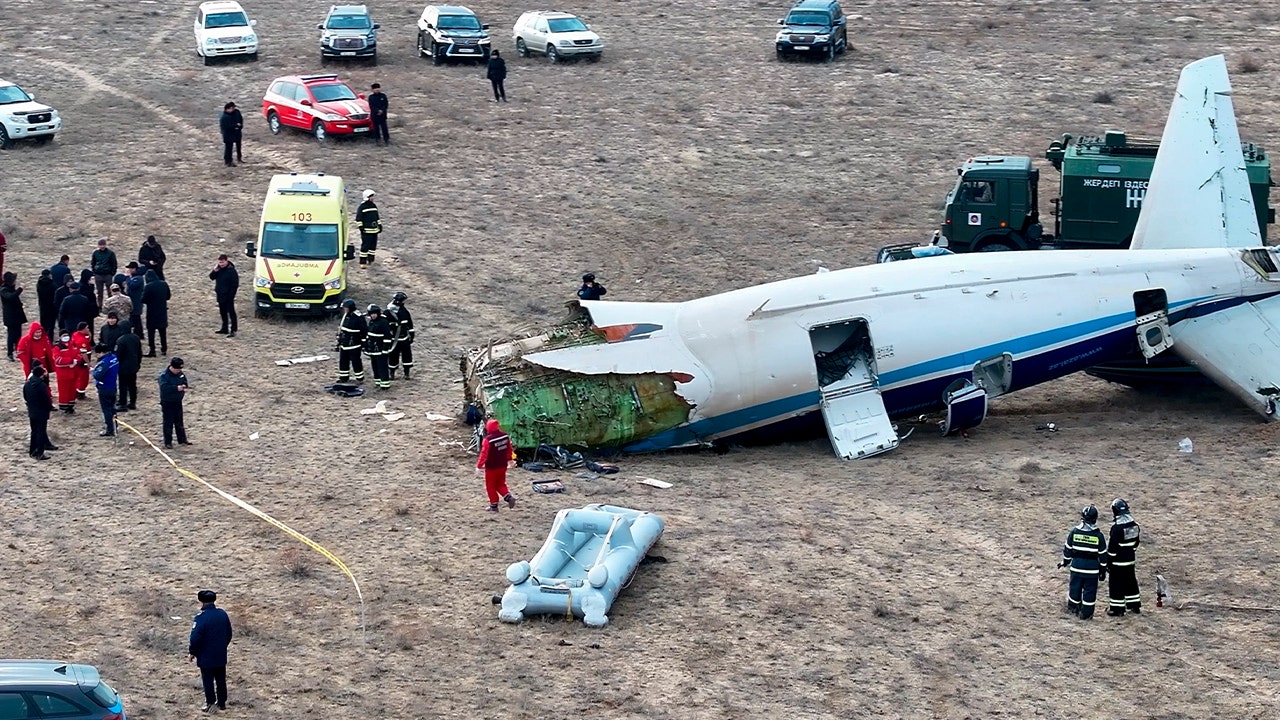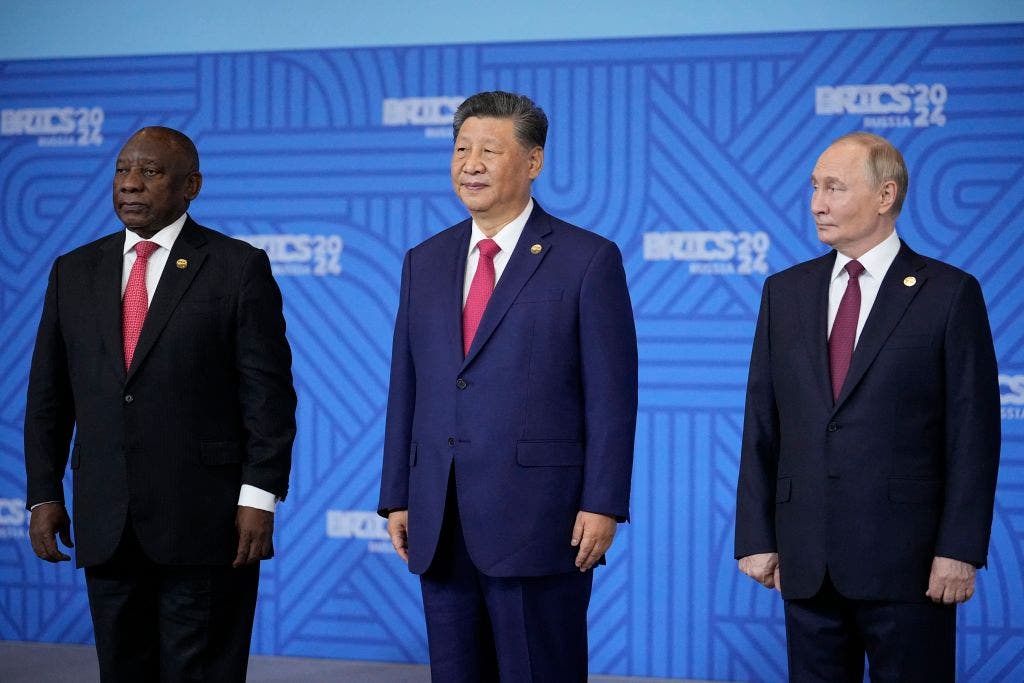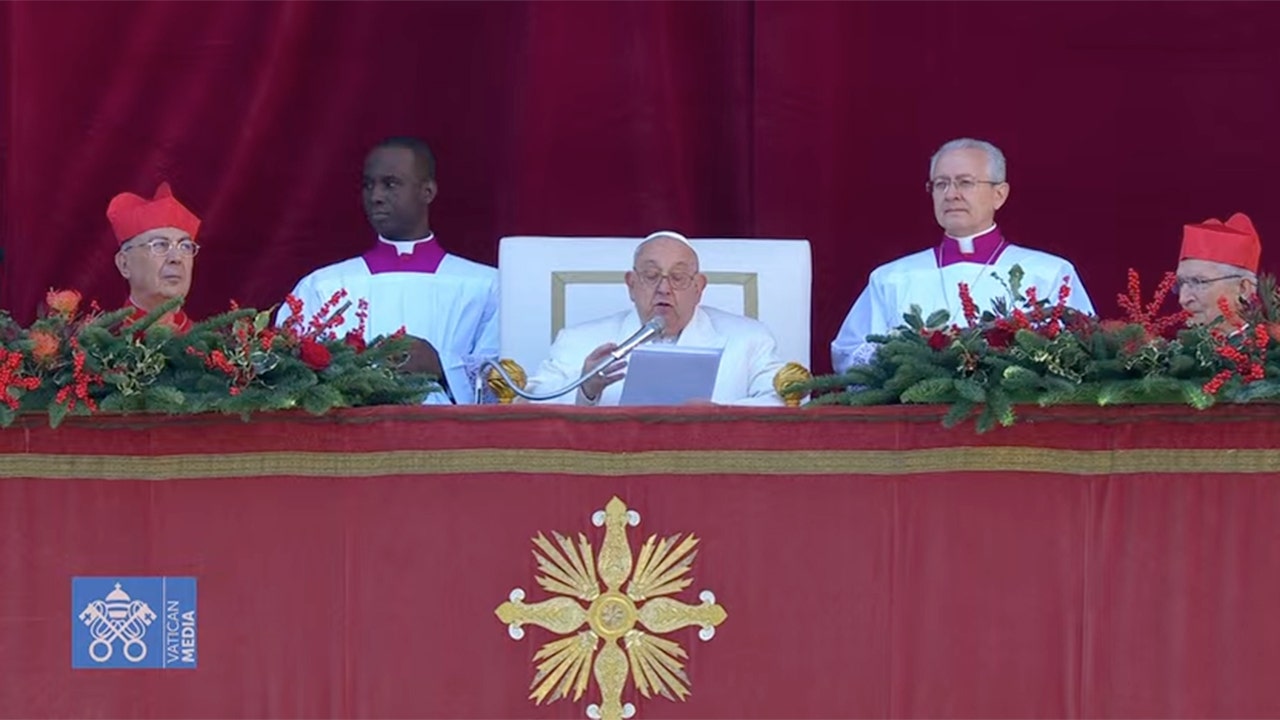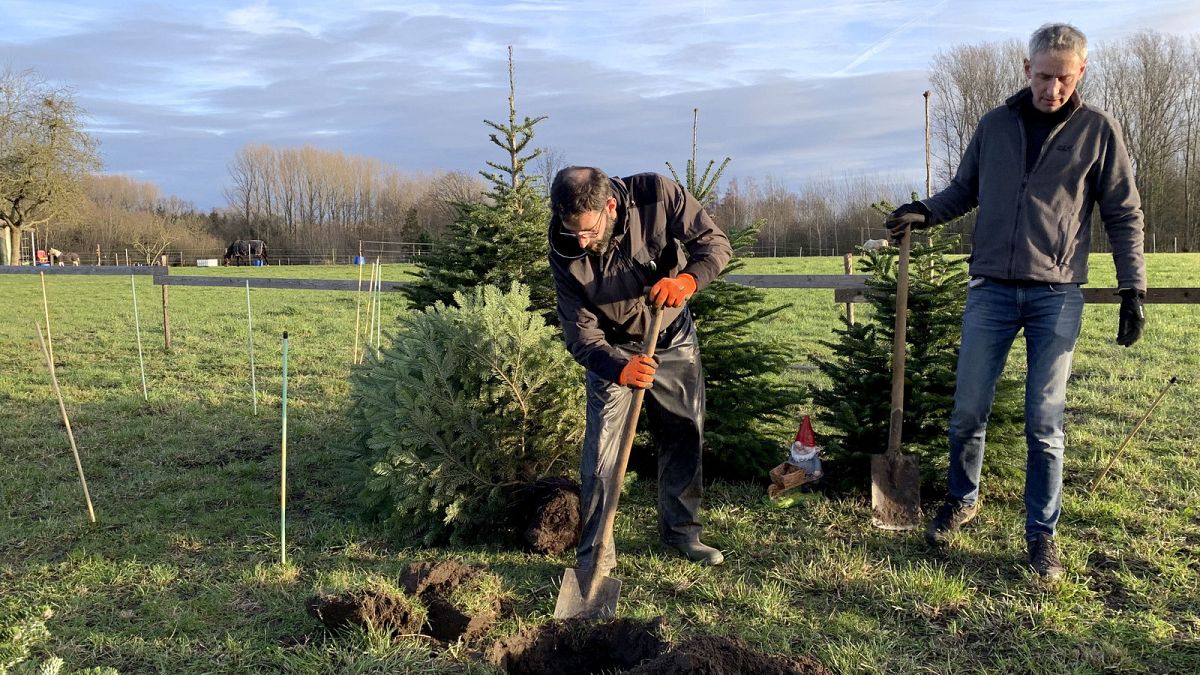In this episode we talk about air pollution, the biggest environmental risk to health in the European Union. The Ambient Air Quality Directive has just been revised with stricter limits, but some member states may ask to postpone it under the pretext of protecting economic activity.
Air pollutant levels in the European Union are above the guidelines set by the World Health Organization in 2021. Around 300,000 Europeans die prematurely every year due to air pollution.
This problem is also one of the main causes of several diseases, including asthma, lung cancer, strokes and diabetes. Energy production, agriculture and industry are the activities that contribute most to air pollution, although in urban areas traffic is a major source of pollution.
To improve the situation, the EU has revised its Ambient Air Quality Directive with stricter limits to come into force from 2030, which was agreed by all 27 member states this month.
For example, microscopic particles known as PM2.5 must be reduced from 25 to 10 µg/m3. Nitrogen dioxide must be reduced from 40 to 20 µg/m3.
The European Commission acknowledges that air pollution affects vulnerable people the most, including children, the elderly, the chronically ill and the least wealthy. Euronews heard the concerns of citizens in Athens (Greece) and Rome (Italy), two cities with serious air quality problems.
“I think the air in Athens is very bad because there are so many cars. Many people avoid public transport or don’t walk, they prefer cars,” said a young Greek.
“We need to make a commitment and raise awareness among all citizens, perhaps through street campaigns, about how serious the current situation is, that we are practically at a point of no return,” said a young Italian woman.
Complaints in court and financial support for governments
The good news for citizens is that the directive strengthens their access to justice: “The directive explicitly states that if someone’s health is harmed because a government or company has failed to act against air pollution, that person has the right to take legal action to obtain financial compensation,” explains Robert Hodgson, a Euronews journalist who covers this issue.
EU governments have been slow to enforce existing regulations for years, and more than half of the 27 countries have already been sued for breaching pollutant emissions standards.
In view of the new, more stringent limits in the revised directive, governments have demanded a clause that would allow them to request a ten-year delay in implementation, which must be well argued.
“This will be a process that the EU will have to follow to support local and regional authorities in the member states, of course. But, to be honest, pollution is a pandemic in slow motion,” said MEP Javier López (Spain, centre-left), who was the rapporteur for the revision of this directive in the last legislature of the European Parliament.
López believes that protecting the environment and health is not incompatible with boosting the primary sector of the economy, as promised by the European Green Deal, especially in the face of competition from other powers such as China and the US.
But will governments and citizens agree with the pace and method used to achieve this?
Journalist: Isabel Marques da Silva
Production: Pilar Montero López
Video production: Zacharia Vigneron
Editorial coordination: Ana Lázaro Bosch and Jeremy Fleming-Jones
Read the full article here



